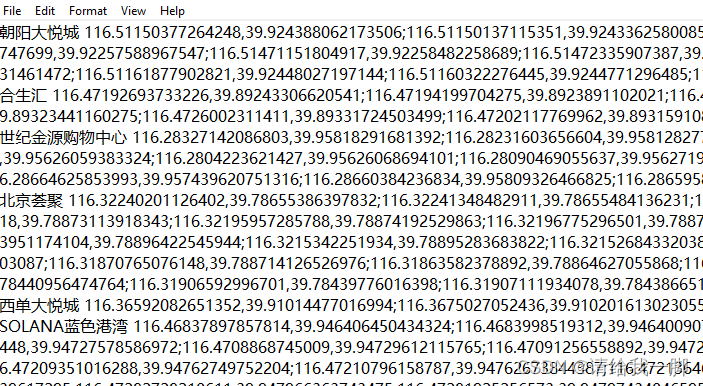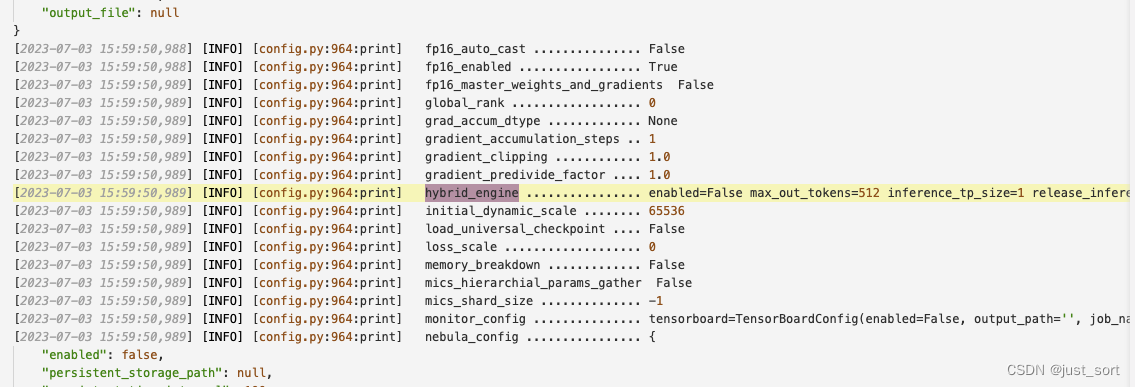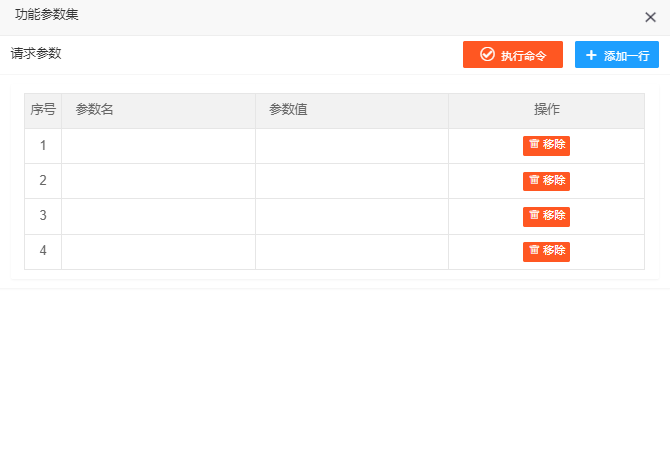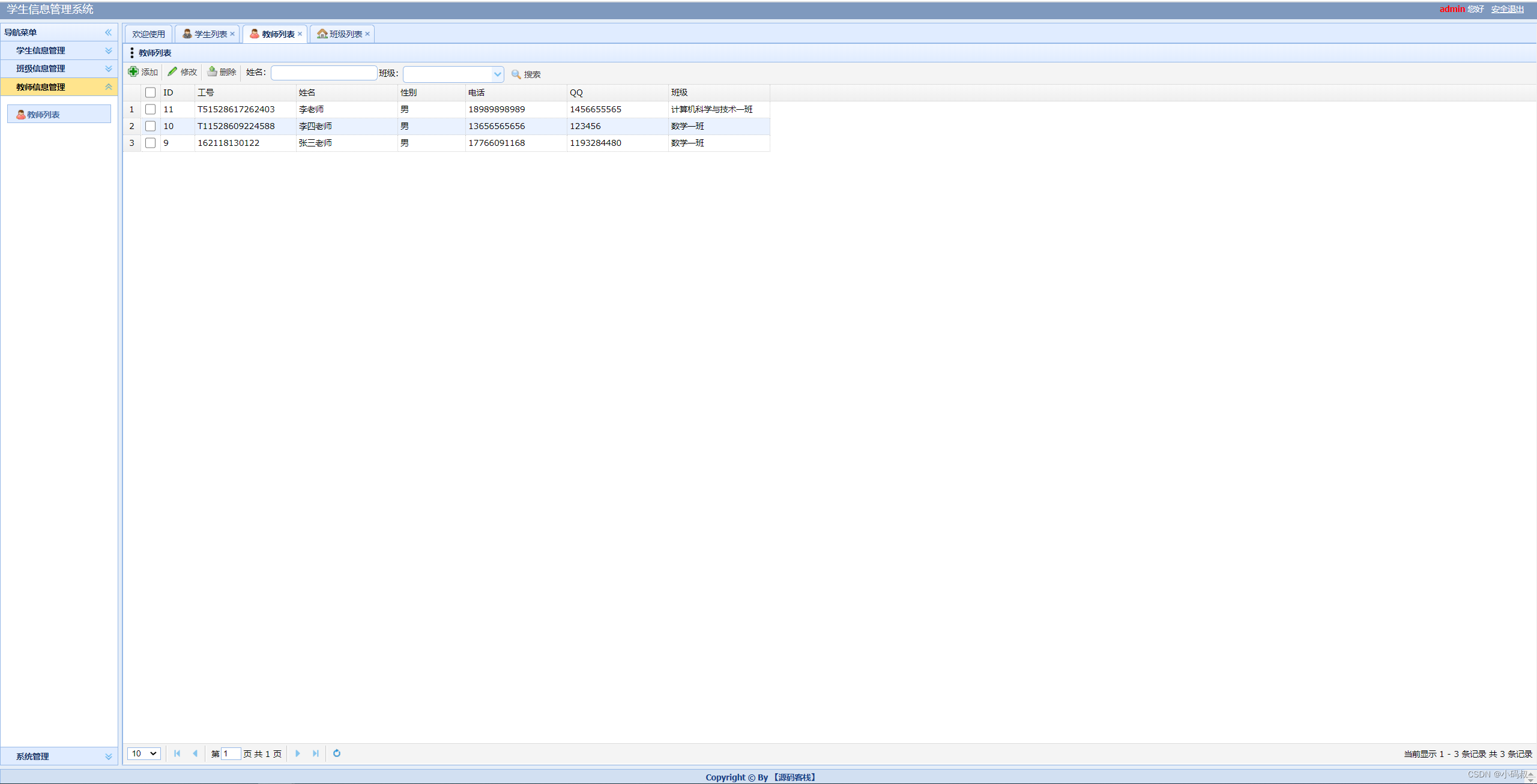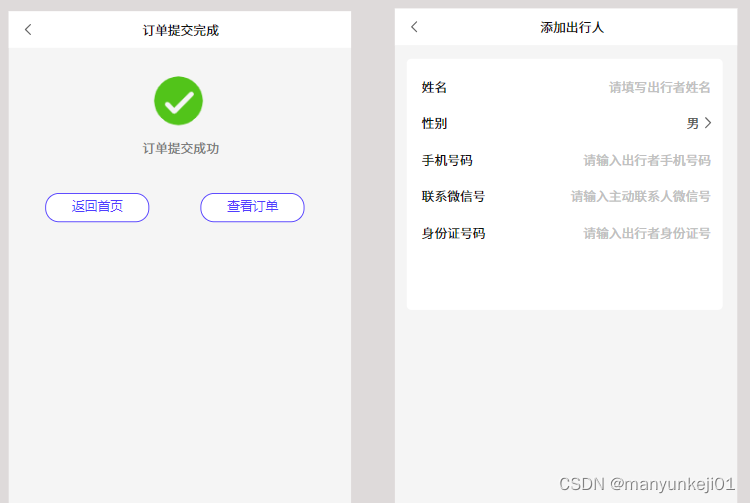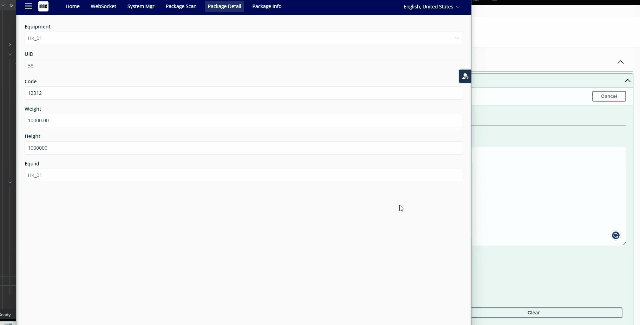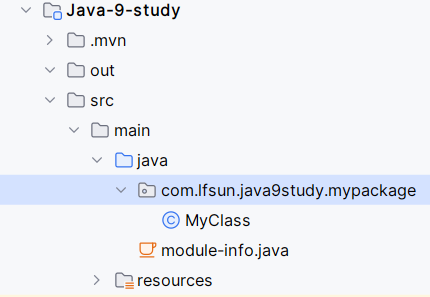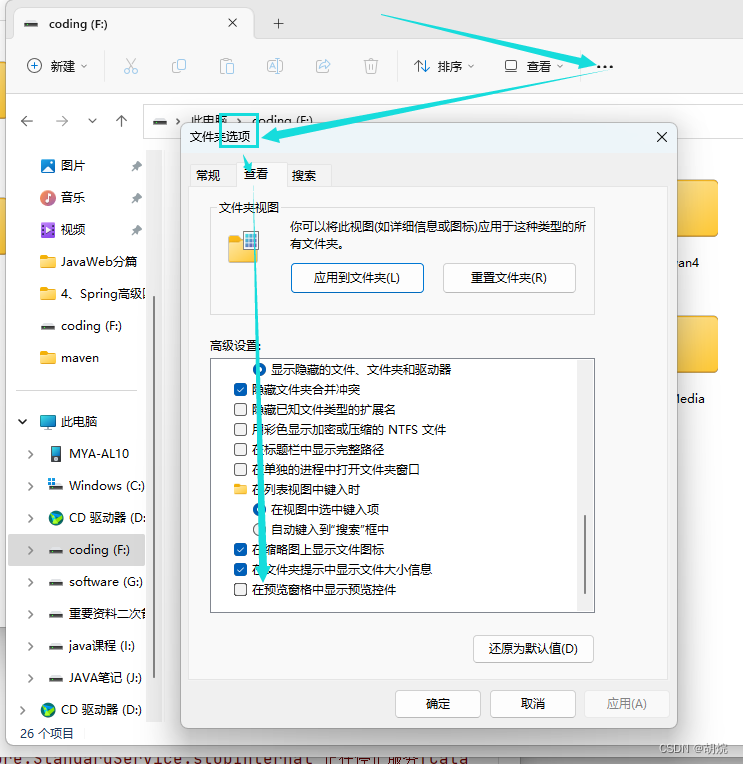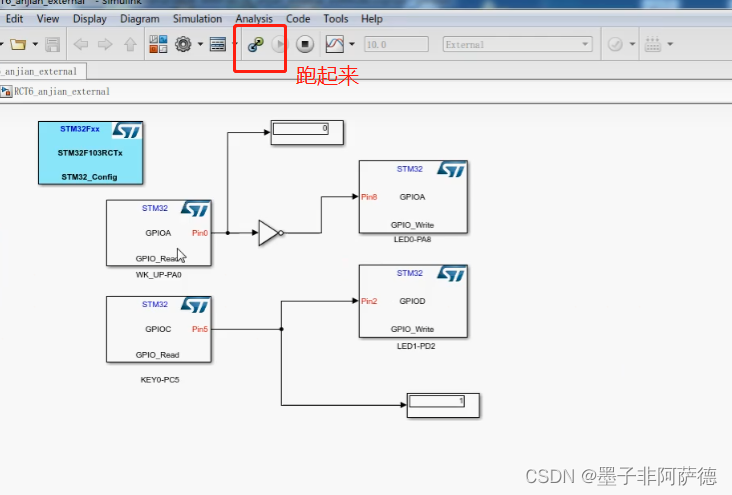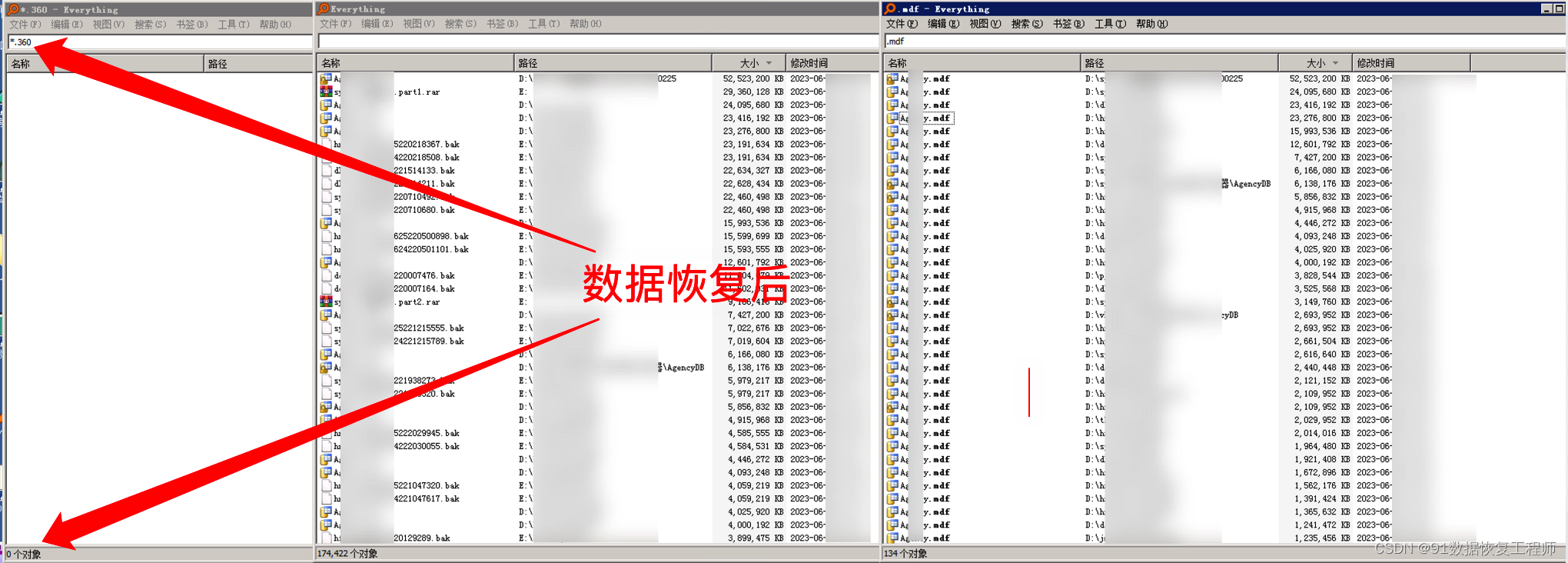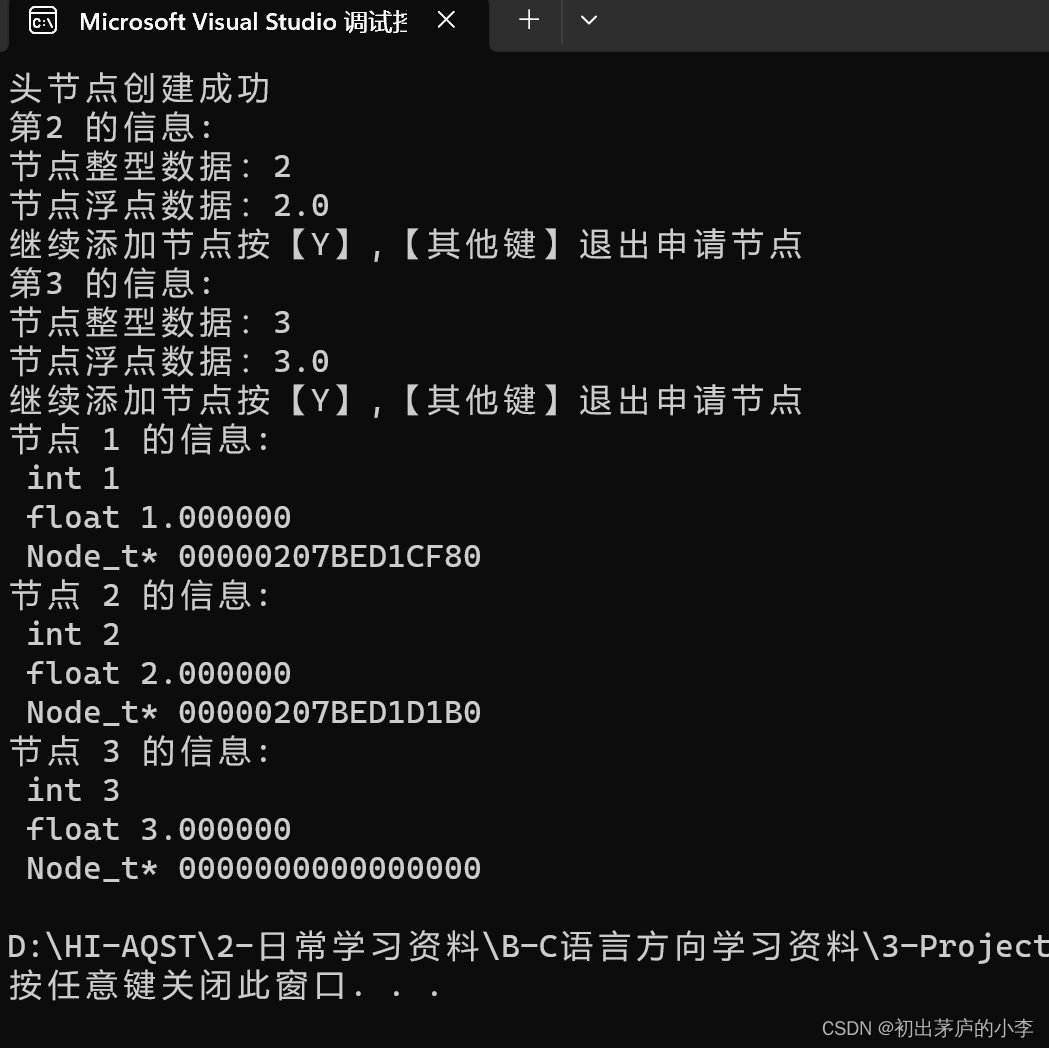
dict结构
dictEntry即键值对,每个桶就是dictEntry连接的链表
typedef struct dictEntry {
void *key;
union {
void *val; // 自定义类型
uint64_t u64;
int64_t s64;
double d;
} v;
struct dictEntry *next;
} dictEntry;
数据真正指向的地方
typedef struct dictht {
dictEntry **table;
unsigned long size;
// 计算hash key。sizemask = size-1
unsigned long sizemask;
unsigned long used;
} dictht;
dict结构
typedef struct dict {
dictType *type;
void *privdata;
dictht ht[2]; // two hash table for incremental rehashing
long rehashidx; // rehashing not in progress if rehashidx == -1
unsigned long iterators; // number of iterators currently running
} dict;
什么时候rehash
扩容条件
扩容发生于打开resizing的情况下超出了使用量/容量的阈值比率(通常是1),或者超出强制扩容比率(5)
// Source: https://github.com/redis/redis/blob/b8c67ce41b51247c02a639929e4fab20189afa1e/src/dict.c#L1030
static long _dictKeyIndex(dict *d, const void *key, uint64_t hash, dictEntry **existing)
{
unsigned long idx, table;
/* Expand the hash table if needed */
if (_dictExpandIfNeeded(d) == DICT_ERR)
return -1;
for (table = 0; table <= 1; table++) {
// a bunch of operations going on, we are not interested
}
return idx;
}
// Source: https://github.com/redis/redis/blob/b8c67ce41b51247c02a639929e4fab20189afa1e/src/dict.c#L54
/* Using dictEnableResize() / dictDisableResize() we make possible to
* enable/disable resizing of the hash table as needed. This is very important
* for Redis, as we use copy-on-write and don't want to move too much memory
* around when there is a child performing saving operations.
*
* Note that even when dict_can_resize is set to 0, not all resizes are
* prevented: a hash table is still allowed to grow if the ratio between
* the number of elements and the buckets > dict_force_resize_ratio. */
static int dict_can_resize = 1;
static unsigned int dict_force_resize_ratio = 5;
// Source: https://github.com/redis/redis/blob/b8c67ce41b51247c02a639929e4fab20189afa1e/src/dict.c#L987
/* Expand the hash table if needed */
static int _dictExpandIfNeeded(dict *d)
{
/* Incremental rehashing already in progress. Return. */
if (dictIsRehashing(d)) return DICT_OK;
/* If the hash table is empty expand it to the initial size. */
if (d->ht[0].size == 0) return dictExpand(d, DICT_HT_INITIAL_SIZE);
/* If we reached the 1:1 ratio, and we are allowed to resize the hash
* table (global setting) or we should avoid it but the ratio between
* elements/buckets is over the "safe" threshold, we resize doubling
* the number of buckets. */
if (d->ht[0].used >= d->ht[0].size &&
(dict_can_resize ||
d->ht[0].used/d->ht[0].size > dict_force_resize_ratio) &&
dictTypeExpandAllowed(d))
{
return dictExpand(d, d->ht[0].used + 1);
}
return DICT_OK;
}
有时,如果大量内存被分配超出了可分配内存限制可能会导致redis无法响应,并且可能会驱逐大量的key
// Source: https://github.com/redis/redis/blob/c4b52fc7c9e77fb1f2719d2cb5b9977b90698721/src/server.h#L164
#define HASHTABLE_MAX_LOAD_FACTOR 1.618 /* Maximum hash table load factor. */
// Source: https://github.com/redis/redis/blob/c4b52fc7c9e77fb1f2719d2cb5b9977b90698721/src/dict.c#L977
/* Because we may need to allocate huge memory chunk at once when dict
* expands, we will check this allocation is allowed or not if the dict
* type has expandAllowed member function. */
static int dictTypeExpandAllowed(dict *d) {
if (d->type->expandAllowed == NULL) return 1;
return d->type->expandAllowed(
_dictNextPower(d->ht[0].used + 1) * sizeof(dictEntry*),
(double)d->ht[0].used / d->ht[0].size);
}
// Source: https://github.com/redis/redis/blob/c4b52fc7c9e77fb1f2719d2cb5b9977b90698721/src/server.c#L1314
/* Return 1 if currently we allow dict to expand. Dict may allocate huge
* memory to contain hash buckets when dict expands, that may lead redis
* rejects user's requests or evicts some keys, we can stop dict to expand
* provisionally if used memory will be over maxmemory after dict expands,
* but to guarantee the performance of redis, we still allow dict to expand
* if dict load factor exceeds HASHTABLE_MAX_LOAD_FACTOR. */
// 若使用比率小于等于HASHTABLE_MAX_LOAD_FACTOR,就回检查释放超出可分配最大内存
int dictExpandAllowed(size_t moreMem, double usedRatio) {
if (usedRatio <= HASHTABLE_MAX_LOAD_FACTOR) {
return !overMaxmemoryAfterAlloc(moreMem);
} else {
return 1;
}
}
缩容条件
若hash table大于DICT_HT_INITIAL_SIZE = 4并且负载因子小于0.1,那么就会进行缩容
/* This is the initial size of every hash table */
#define DICT_HT_INITIAL_SIZE 4
// Source: https://github.com/redis/redis/blob/b8c67ce41b51247c02a639929e4fab20189afa1e/src/server.h#L162
/* Hash table parameters */
#define HASHTABLE_MIN_FILL 10 /* Minimal hash table fill 10% */
// Source: https://github.com/redis/redis/blob/b8c67ce41b51247c02a639929e4fab20189afa1e/src/dict.h#L147
#define dictSlots(d) ((d)->ht[0].size+(d)->ht[1].size)
#define dictSize(d) ((d)->ht[0].used+(d)->ht[1].used)
// Source: https://github.com/redis/redis/blob/b8c67ce41b51247c02a639929e4fab20189afa1e/src/server.c#L1498
int htNeedsResize(dict *dict) {
long long size, used;
size = dictSlots(dict);
used = dictSize(dict);
return (size > DICT_HT_INITIAL_SIZE &&
(used*100/size < HASHTABLE_MIN_FILL));
}
// Source: https://github.com/redis/redis/blob/c4b52fc7c9e77fb1f2719d2cb5b9977b90698721/src/dict.c#L133
/* Resize the table to the minimal size that contains all the elements,
* but with the invariant of a USED/BUCKETS ratio near to <= 1 */
int dictResize(dict *d)
{
unsigned long minimal;
if (!dict_can_resize || dictIsRehashing(d)) return DICT_ERR;
minimal = d->ht[0].used;
if (minimal < DICT_HT_INITIAL_SIZE)
minimal = DICT_HT_INITIAL_SIZE;
return dictExpand(d, minimal);
}
“虚假”的rehash
在满足rehash条件之后会进行rehash,但这个rehash并不是真正的搬迁过程
/* Expand or create the hash table,
* when malloc_failed is non-NULL, it'll avoid panic if malloc fails (in which case it'll be set to 1).
* Returns DICT_OK if expand was performed, and DICT_ERR if skipped. */
int _dictExpand(dict *d, unsigned long size, int* malloc_failed)
{
if (malloc_failed) *malloc_failed = 0;
/* the size is invalid if it is smaller than the number of
* elements already inside the hash table */
// 若使用元素数量大于容量,或者已经rehash,报错
if (dictIsRehashing(d) || d->ht[0].used > size)
return DICT_ERR;
dictht n; /* the new hash table */
// 按照原容量两倍扩展新容量
unsigned long realsize = _dictNextPower(size);
/* Rehashing to the same table size is not useful. */
// rehash的容量等于原容量是没有意义的,直接返回
if (realsize == d->ht[0].size) return DICT_ERR;
/* Allocate the new hash table and initialize all pointers to NULL */
// 初始化新hash table
n.size = realsize;
n.sizemask = realsize-1;
if (malloc_failed) {
n.table = ztrycalloc(realsize*sizeof(dictEntry*));
*malloc_failed = n.table == NULL;
if (*malloc_failed)
return DICT_ERR;
} else
n.table = zcalloc(realsize*sizeof(dictEntry*));
// 初始化新hash table使用量为0
n.used = 0;
/* Is this the first initialization? If so it's not really a rehashing
* we just set the first hash table so that it can accept keys. */
// 若dict本来是空的,那么直接将初始化的新hash table赋予给dict
if (d->ht[0].table == NULL) {
d->ht[0] = n;
return DICT_OK;
}
/* Prepare a second hash table for incremental rehashing */
// 赋予新hash table给dict的第二个hash table(也就是rehash hash table),并标记开始rehash
d->ht[1] = n;
d->rehashidx = 0;
return DICT_OK;
}
/* return DICT_ERR if expand was not performed */
int dictExpand(dict *d, unsigned long size) {
return _dictExpand(d, size, NULL);
}
真正rehash过程
在每次对dict进行添加、删除、查找或者更新操作时会执行真正的rehash
/* Performs N steps of incremental rehashing. Returns 1 if there are still
* keys to move from the old to the new hash table, otherwise 0 is returned.
*
* Note that a rehashing step consists in moving a bucket (that may have more
* than one key as we use chaining) from the old to the new hash table, however
* since part of the hash table may be composed of empty spaces, it is not
* guaranteed that this function will rehash even a single bucket, since it
* will visit at max N*10 empty buckets in total, otherwise the amount of
* work it does would be unbound and the function may block for a long time. */
// n代表至多有n个桶被rehash
int dictRehash(dict *d, int n) {
int empty_visits = n*10; /* Max number of empty buckets to visit. */
// 若未处于rehash过程中,返回
if (!dictIsRehashing(d)) return 0;
// 遍历dict直到使用量为0或者达到本次最大遍历桶数量
while(n-- && d->ht[0].used != 0) {
dictEntry *de, *nextde;
/* Note that rehashidx can't overflow as we are sure there are more
* elements because ht[0].used != 0 */
assert(d->ht[0].size > (unsigned long)d->rehashidx);
// 跳过空桶,若超过可允许访问的空桶数量也返回
while(d->ht[0].table[d->rehashidx] == NULL) {
d->rehashidx++;
if (--empty_visits == 0) return 1;
}
// de指向当前rehash节点
de = d->ht[0].table[d->rehashidx];
/* Move all the keys in this bucket from the old to the new hash HT */
while(de) {
uint64_t h;
// 记录当前桶节点下一个
nextde = de->next;
/* Get the index in the new hash table */
// 获取搬迁新桶索引
h = dictHashKey(d, de->key) & d->ht[1].sizemask;
// 当前桶节点指向新桶头节点
de->next = d->ht[1].table[h];
// 搬迁当前桶节点到新桶
d->ht[1].table[h] = de;
// 原桶使用量-1,新桶+1
d->ht[0].used--;
d->ht[1].used++;
// 更新遍历的桶节点
de = nextde;
}
//清空当前搬迁桶,并更新搬迁索引
d->ht[0].table[d->rehashidx] = NULL;
d->rehashidx++;
}
/* Check if we already rehashed the whole table... */
// 若全部搬迁完毕,则清空原hash table,并将新hash table置为当前table,清空搬迁状态
if (d->ht[0].used == 0) {
zfree(d->ht[0].table);
d->ht[0] = d->ht[1];
_dictReset(&d->ht[1]);
d->rehashidx = -1;
return 0;
}
/* More to rehash... */
return 1;
}
此外redis在空闲的时候也会充分利用起来进行rehash
/* Our hash table implementation performs rehashing incrementally while
* we write/read from the hash table. Still if the server is idle, the hash
* table will use two tables for a long time. So we try to use 1 millisecond
* of CPU time at every call of this function to perform some rehashing.
*
* The function returns 1 if some rehashing was performed, otherwise 0
* is returned. */
// 当其他内存繁重的进程(比如将当前数据库状态保存到磁盘)无法运行时,所有 redis 数据库的后台 cron 作业将一个接一个地调用 IncrementallyRehash () ,并且在配置中打开 activerhash 标志。
int incrementallyRehash(int dbid) {
/* Keys dictionary */
if (dictIsRehashing(server.db[dbid].dict)) {
dictRehashMilliseconds(server.db[dbid].dict,1);
return 1; /* already used our millisecond for this loop... */
}
/* Expires */
if (dictIsRehashing(server.db[dbid].expires)) {
dictRehashMilliseconds(server.db[dbid].expires,1);
return 1; /* already used our millisecond for this loop... */
}
return 0;
}
// Source: https://github.com/redis/redis/blob/b8c67ce41b51247c02a639929e4fab20189afa1e/src/dict.c#L263
/* Rehash in ms+"delta" milliseconds. The value of "delta" is larger
* than 0, and is smaller than 1 in most cases. The exact upper bound
* depends on the running time of dictRehash(d,100).*/
int dictRehashMilliseconds(dict *d, int ms) {
if (d->iterators > 0) return 0;
long long start = timeInMilliseconds();
int rehashes = 0;
// 在ms时间内运行rehash
while(dictRehash(d,100)) {
rehashes += 100;
if (timeInMilliseconds()-start > ms) break;
}
return rehashes;
}
总结
redis rehash利用了和golang类似的方式,将真正的rehash操作放置到了dict增删改除中,有效地分摊了rehash性能消耗。
不同之处在于
-
更进一步作为一个数据库应用产品利用了闲暇时间去进行rehash。
-
为有效利用宝贵内存空间,添加了缩容,还添加可以在较高的使用率下的内存回收
-
扩容前预估是否超出内存限制
-
出于对响应时间的敏感性,redis还设置了最大空桶访问次数
-
redis没有考虑到桶overflow太多的情况
Ref
- https://codeburst.io/a-closer-look-at-redis-dictionary-implementation-internals-3fd815aae535


